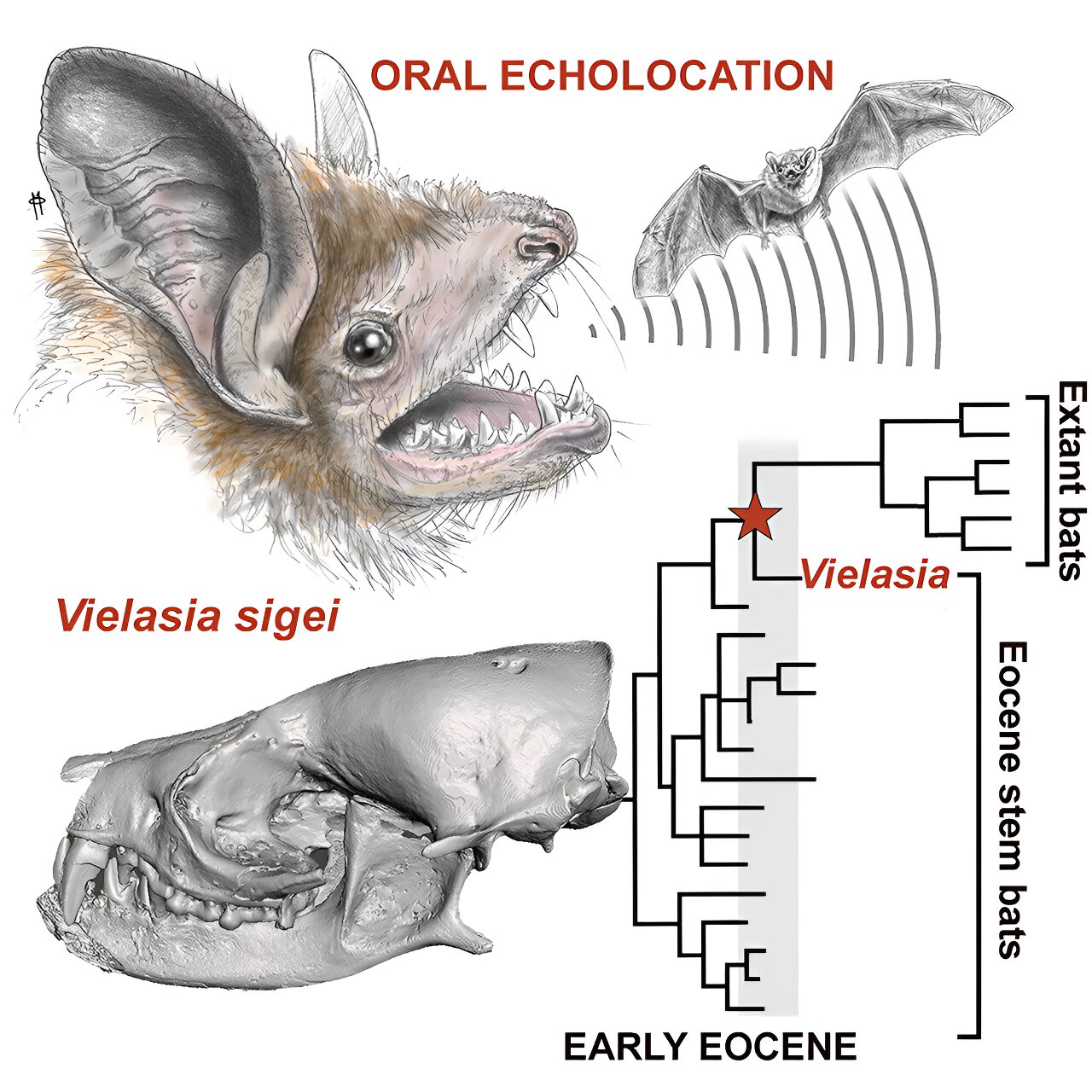Of all the mammals, bats have one of the poorest fossil records, with paleontologists estimating that about 80% of it is missing.
This has made it difficult to pinpoint exactly when they first began to fly, or began roosting in caves, or developed their unique way of ‘seeing’ their surroundings in the dark using sound—called echolocation.
But a near-perfectly preserved bat’s skull discovered by French paleontologists in a cave that dates back about 50 million years has shed new light on what we thought we knew about this ancient, hypothetical creature.
You must log in or register to comment.


